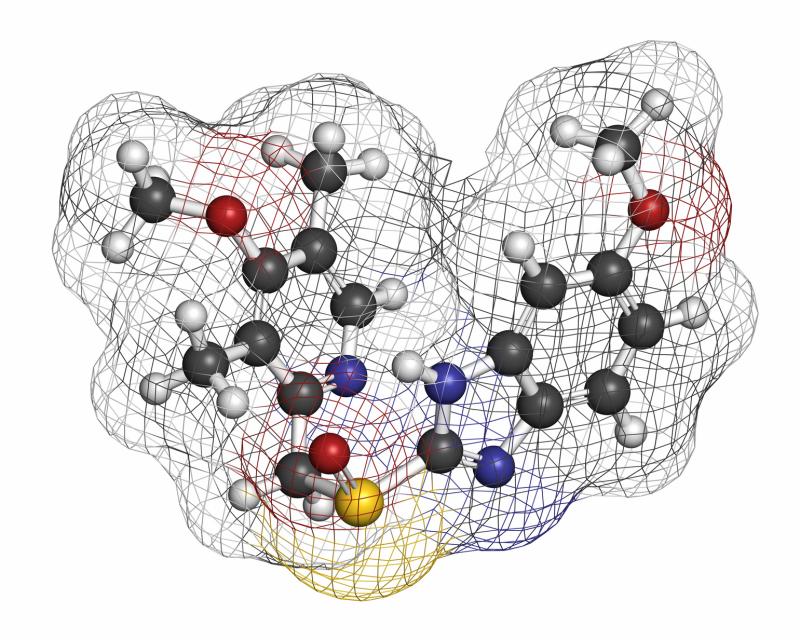
Stress ulcer (SU) prophylaxis cuts the risk of bleeding without increasing the incidence of adverse drug events, with proton pump inhibitors (PPIs) seemingly the most effective prophylactic agent, as shown in the results of a systematic review and meta-analysis.
Researchers searched multiple online databases for randomized controlled trials (RCTs) that assessed the prophylactic effect of acid-suppressive medications on SU bleeding in non-ICU patients. The search yielded 17 trials involving 1,985 patients (age range, 5–92 years) for inclusion in the meta-analysis.
The included trials were conducted in China, India and Spain, with follow-up periods ranging from 2 to 15 days. The interventions involved PPIs, H2-receptor antagonists (H2RAs), gastric mucosa protectants (GMPs) and placebo. Studied populations included patients who received extracorporeal circulation, major surgeries, or presented with other risk factors for SU such as preoperative coma, inappropriate secretion of antidiuretic hormone, and complications requiring reoperation.
Pooled data revealed that SU bleeding incidence was significantly lower with all acid-suppressive drugs vs placebo (GMPs: odds ratio [OR], 0.29, 95 percent confidence interval [CI], 0.14–0.61; H2RAs: OR, 0.3, 95 percent CI, 0.18–0.50; PPIs: OR, 0.08, 95 percent CI, 0.04–0.16).
Of note, PPIs were associated with superior protection against SU bleeding when compared with GMPs (OR, 0.29, 95 percent CI, 0.12–0.72) and H2RAs (OR, 0.28, 95 percent CI, 0.16–0.48).
The effect of any two classes of PPIs on SU bleeding was similar, as well as that of any two acid-suppressive medications on adverse drug events.
Despite a need for high-quality trials to validate the current data, the study suggests that non-ICU patients may also benefit from SU prophylaxis when needed, the researchers said.